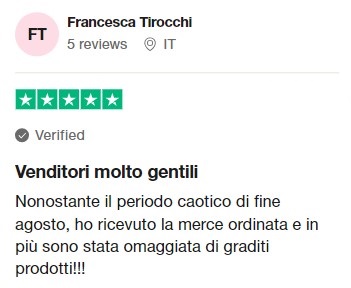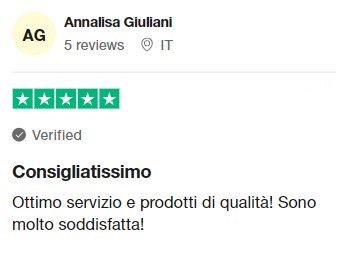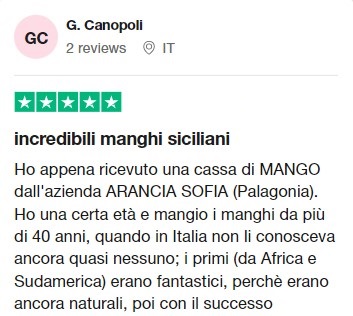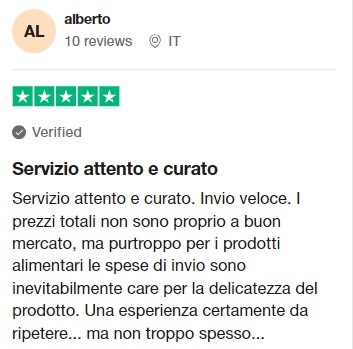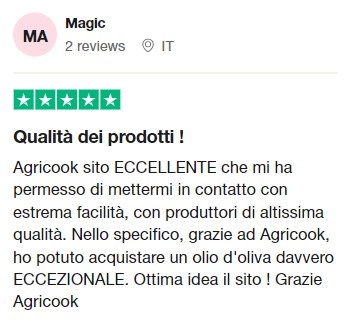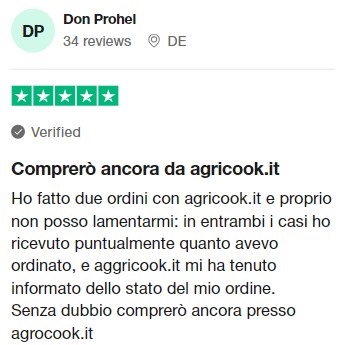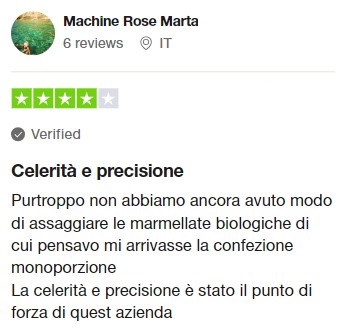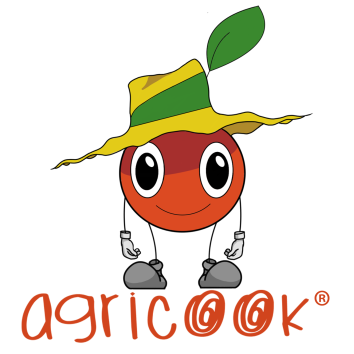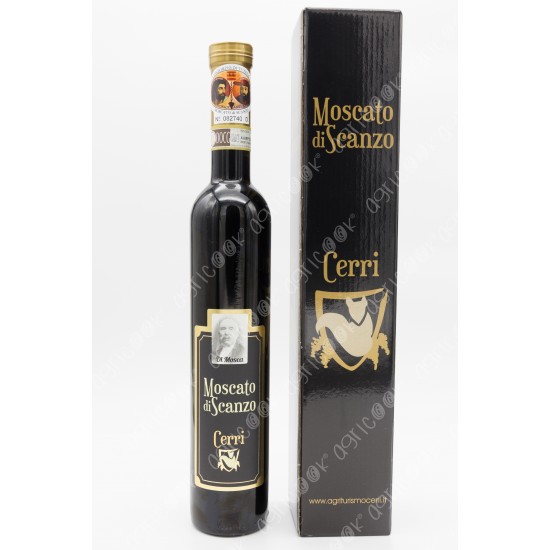
Moscato di scanzo 0,5l 14,5% vol

AGRITURISMO CERRI
Buy directly from the manufacturer. No intermediary.
Limited and seasonal product.
Moscato di scanzo 0,5l 14,5% vol
- Stock: Out of stock
- Code: 00064_C001
- Weight: 0.40kg
Prezzo:
30,00 euro
Ex Tax:
24,59 euro
Made with love and shipped by
AGRITURISMO CERRI
Secure payment

With Agricook, choose sustainability and quality! Direct shipments from producers and our commitment with Treedom to reduce the environmental impact and promote a green future.


